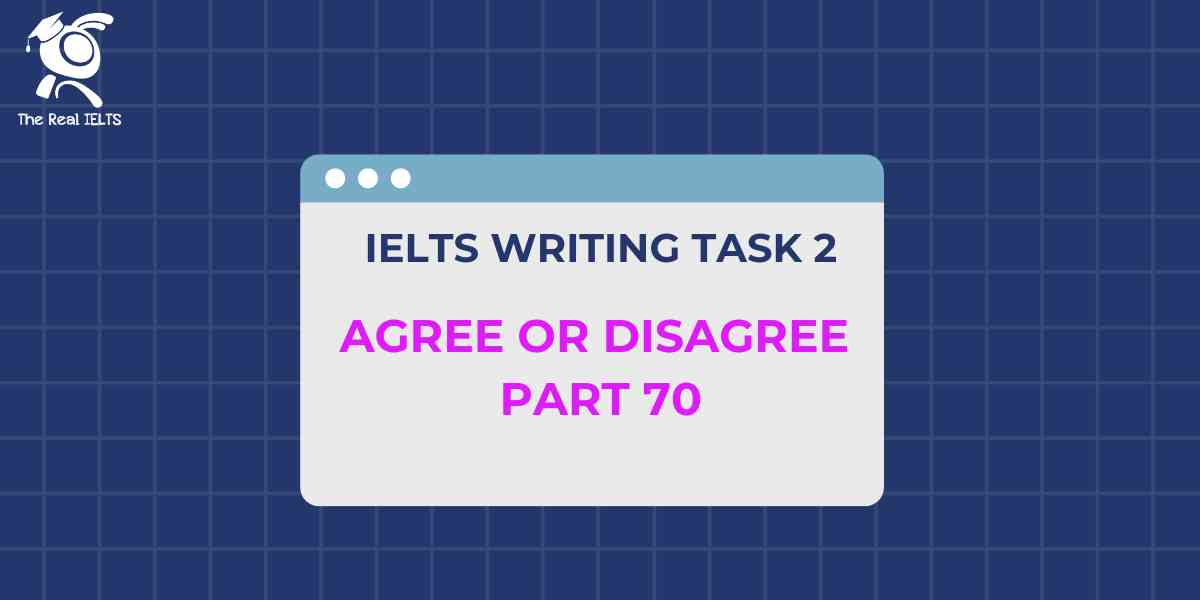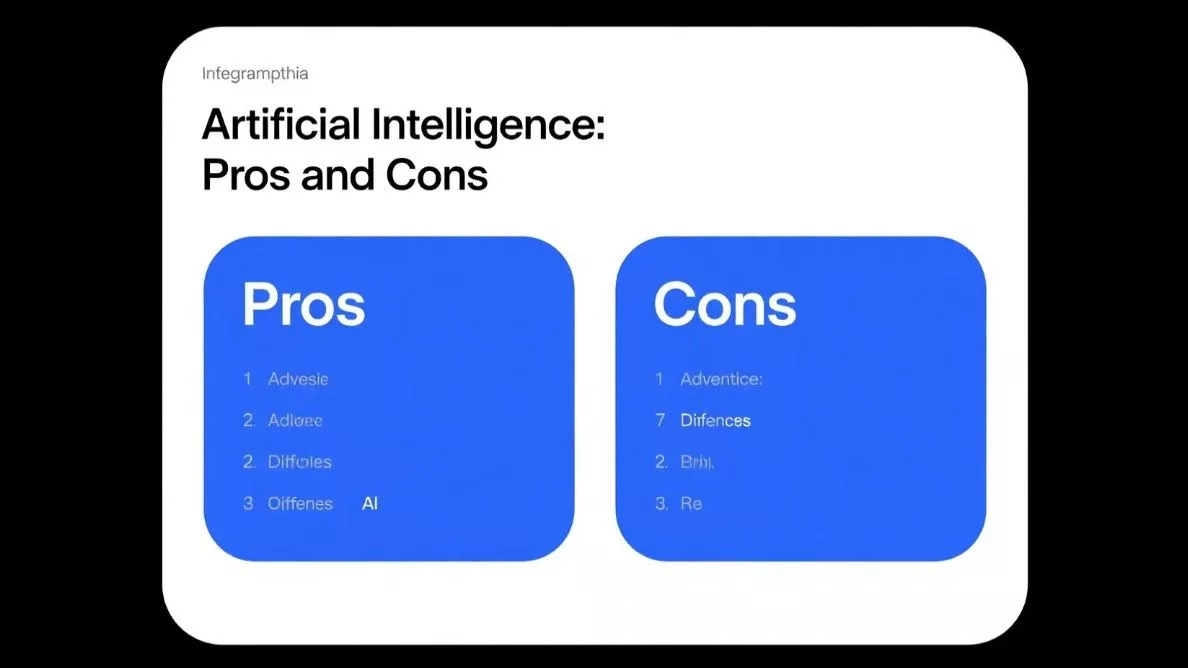Đề bài IELTS Writing Task 2 dạng Agree or Disagree Part 70:
You should spend about 40 minutes on this task
The rich should pay higher taxes. To what extent do you agree or disagree?
Write at least 250 words.
Giải mẫu IELTS Writing
In modern societies, the debate over whether the wealthy should be required to pay higher taxes is a contentious one. This essay will argue that while the rich should indeed contribute more to the public coffers, it is crucial that such policies are implemented fairly and effectively to ensure economic balance and social equity.
Firstly, it is undeniable that the wealthy possess a greater capacity to contribute to the public coffers. Higher taxes on the rich can generate significant revenue, which can be used to fund essential public services such as education, healthcare, and infrastructure. These services are critical for the overall well-being of society and can help reduce inequality by providing opportunities for those less fortunate. For instance, in countries like Sweden and Denmark, progressive tax systems have enabled high levels of social welfare, contributing to their citizens’ high quality of life.
However, while the argument for higher taxes on the rich is compelling, it is equally important to consider the potential drawbacks. One major concern is the risk of capital flight, where wealthy individuals move their assets or themselves to jurisdictions with lower tax rates. This could lead to a decrease in the overall tax base and undermine the intended purpose of the policy. Furthermore, excessively high taxes on the rich might discourage investment and entrepreneurship, which are crucial for economic growth and job creation.
Therefore, a balanced approach is necessary. Tax policies should be designed to ensure that the rich pay their fair share without stifling economic dynamism. This can be achieved through a progressive tax system where tax rates increase with income, combined with effective enforcement measures to prevent tax evasion and tax avoidance. Additionally, it is important to provide incentives for investment and innovation to maintain a healthy economy.
In conclusion, while I agree that the rich should pay higher taxes to promote social equity and fund essential public services, it is essential to implement these policies thoughtfully to avoid negative economic consequences. A balanced and well-enforced progressive tax system is the key to achieving these goals.
Cấu trúc ngữ pháp và cấu trúc câu
Cấu trúc câu và ngữ pháp:
- Câu phức hợp (Complex sentences):
- “This essay will argue that while the rich should indeed contribute more to the public coffers, it is crucial that such policies are implemented fairly and effectively to ensure economic balance and social equity.”
- “Firstly, it is undeniable that the wealthy possess a greater capacity to contribute to the public coffers.”
- “For instance, in countries like Sweden and Denmark, progressive tax systems have enabled high levels of social welfare, contributing to their citizens’ high quality of life.”
- “One major concern is the risk of capital flight, where wealthy individuals move their assets or themselves to jurisdictions with lower tax rates.”
- “Furthermore, excessively high taxes on the rich might discourage investment and entrepreneurship, which are crucial for economic growth and job creation.”
- “This can be achieved through a progressive tax system where tax rates increase with income, combined with effective enforcement measures to prevent tax evasion and avoidance.”
- Câu phức (Compound sentences):
- “Higher taxes on the rich can generate significant revenue, which can be used to fund essential public services such as education, healthcare, and infrastructure.”
- “These services are critical for the overall well-being of society and can help reduce inequality by providing opportunities for those less fortunate.”
- “However, while the argument for higher taxes on the rich is compelling, it is equally important to consider the potential drawbacks.”
- “This could lead to a decrease in the overall tax base and undermine the intended purpose of the policy.”
- “Tax policies should be designed to ensure that the rich pay their fair share without stifling economic dynamism.”
- Câu đơn (Simple sentences):
- “A balanced approach is necessary.”
- “Additionally, it is important to provide incentives for investment and innovation to maintain a healthy economy.”
- “In conclusion, while I agree that the rich should pay higher taxes to promote social equity and fund essential public services, it is essential to implement these policies thoughtfully to avoid negative economic consequences.”
Từ nối và từ kết nối các câu và đoạn văn:
- Từ nối đoạn (Paragraph connectors):
- “Firstly” (Mở đầu đoạn thứ hai)
- “However” (Mở đầu đoạn thứ ba)
- “Therefore” (Mở đầu đoạn thứ tư)
- “In conclusion” (Mở đầu đoạn kết luận)
- Từ nối câu (Sentence connectors):
- “while” (dùng trong câu phức hợp để chỉ sự tương phản)
- “such as” (liệt kê ví dụ)
- “which” (để chỉ mệnh đề quan hệ)
- “For instance” (đưa ra ví dụ cụ thể)
- “equally important” (nhấn mạnh tầm quan trọng ngang bằng)
- “One major concern” (đưa ra một mối quan ngại lớn)
- “Furthermore” (thêm thông tin bổ sung)
- “combined with” (kết hợp với)
- “Additionally” (thêm vào đó)
- “while” (trong câu kết luận để chỉ sự đồng ý có điều kiện)
- “thoughtfully” (nhấn mạnh cách thực hiện một cách cẩn trọng)
Các từ vựng tiếng Anh cần lưu ý trong bài viết
- Contentious – gây tranh cãi
- Argue – lập luận
- Contribute – đóng góp
- Public coffers – ngân quỹ công
- Revenue – doanh thu
- Essential public services – dịch vụ công thiết yếu
- Healthcare – chăm sóc sức khỏe
- Infrastructure – cơ sở hạ tầng
- Inequality – bất bình đẳng
- Progressive tax systems – hệ thống thuế luỹ tiến
- Social welfare – phúc lợi xã hội
- Quality of life – chất lượng cuộc sống
- Drawbacks – nhược điểm
- Capital flight – tẩu tán vốn
- Jurisdictions – khu vực pháp lý
- Tax base – cơ sở thuế
- Entrepreneurship – tinh thần kinh doanh
- Economic growth – tăng trưởng kinh tế
- Job creation – tạo việc làm
- Balanced approach – cách tiếp cận cân bằng
- Fair share – phần công bằng
- Economic dynamism – sự năng động kinh tế
- Effective enforcement – thực thi hiệu quả
- Tax evasion – trốn thuế
- Tax avoidance – tránh thuế
- Incentives – khuyến khích
- Investment – đầu tư
- Innovation – đổi mới
- Maintain – duy trì
- Thoughtfully – một cách cân nhắc
- Negative economic consequences – hậu quả kinh tế tiêu cực
Đọc thêm các bài Luyện Thi IELTS khác trong link nhé.















